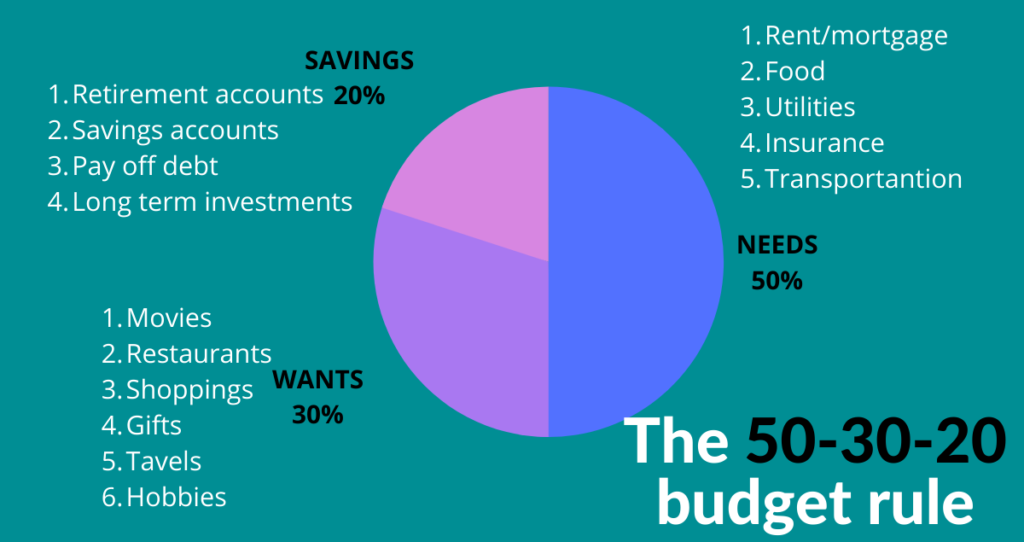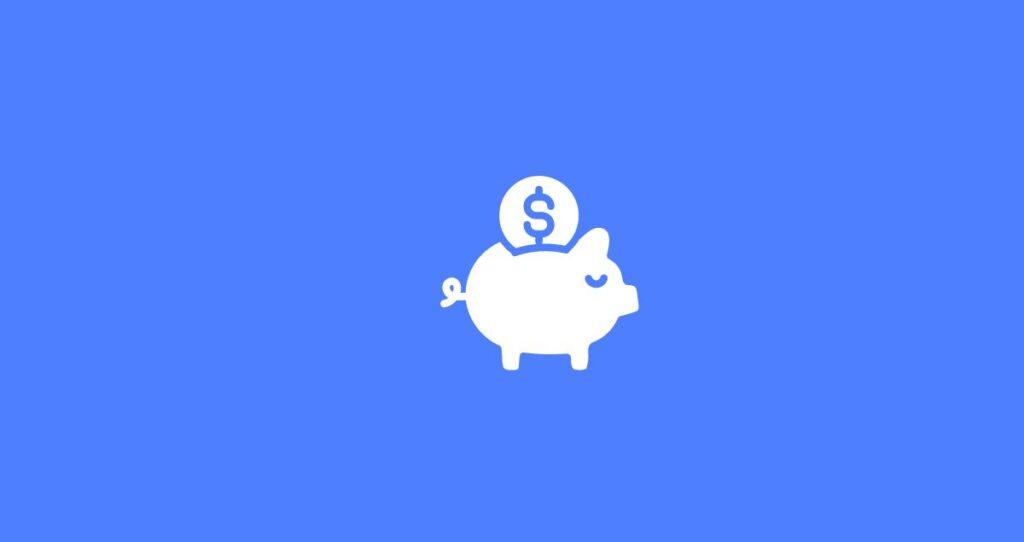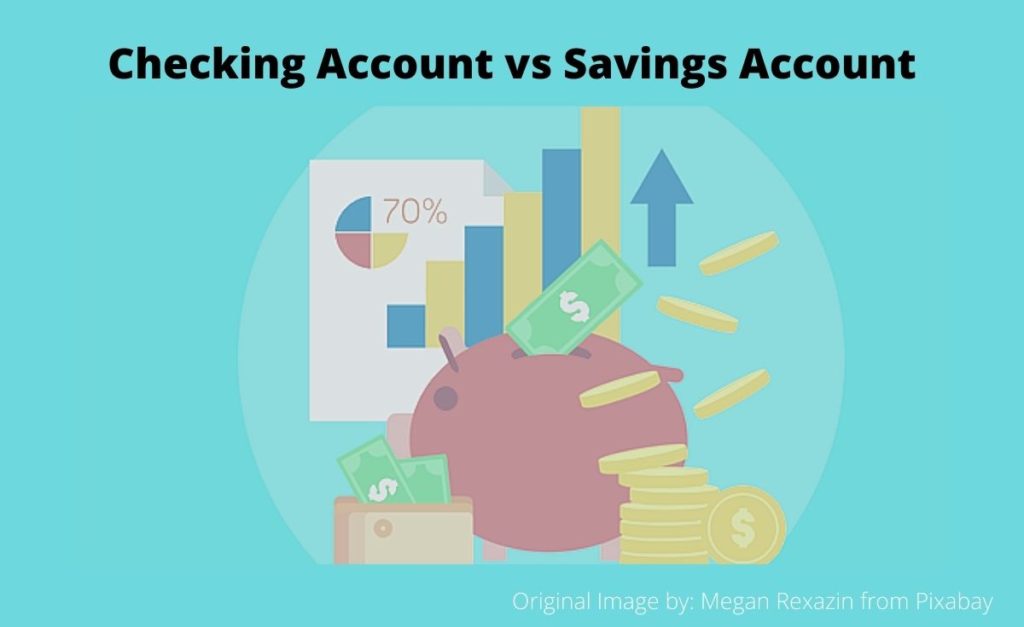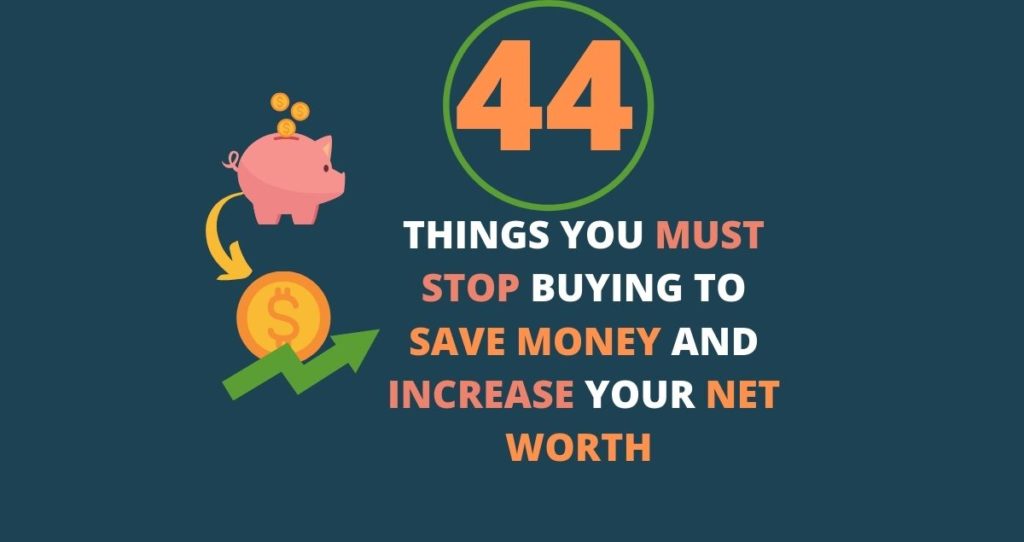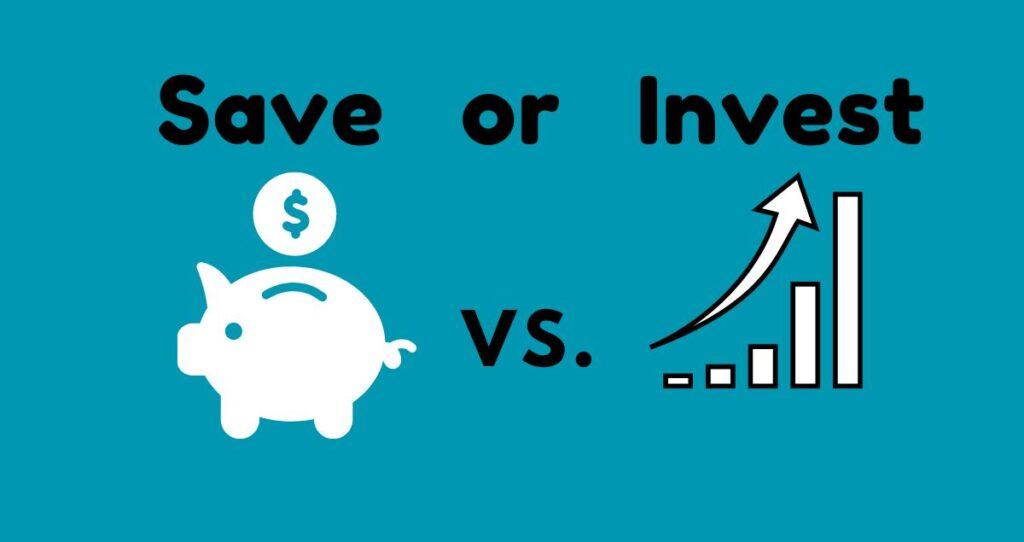Certificates of deposit provide a safe and reliable way to save and earn an income at the same time. The income you earn from your CD account comes in the form of interest that is usually compounded daily, monthly, quarterly, or yearly. You can either choose to receive interest payments or have the interest added to your principal to maximize your return on investment(ROI). If you are getting started with CD investing, this article will guide you through how CD interest rate works, how much you should expect to make from investing in a certificate of deposit, and ways to maximize your CD earnings.
What are CD Interest Rates?
A CD interest rate, simply put, represent the return or income generated by a certificate of deposit. When you invest in a CD, the bank or financial institution pays you interest on your principal amount over a predetermined period of time. The rate at which this interest is paid is typically fixed for the duration of the CD, and it is often higher than the interest rates offered on savings accounts.
The CD interest rate you receive can vary based on several factors. These factors include:
- The length of time you are willing to leave your money invested also known as the CD term
- Current market rates, and
- The specific terms and conditions set by the bank or institution offering the CD.
Generally, longer-term CDs tend to offer higher interest rates than shorter-term ones, as the bank can rely on your money being locked in for a more extended period.
The compounding effect plays a key role in your CD interest rate
What makes your CD interest rate work best is the compounding effect. Compounding refers to the process of earning interest on both your initial principal and any previously earned interest. For example, if you have a 5-year CD with an interest rate of 2%, your initial principal will earn 2% interest over the year. However, if the interest is compounded annually, you will earn interest on the new total amount, including the interest that has already been added. This compounding effect can lead to a higher overall return on your investment.
What affects CD interest rates?
CD interest rates work like other rates offered on different financial products such as savings accounts and change due to similar underlying conditions.
The following is a variety of factors that influence CD rates.
- Current market interest rates. CD interest rates tend to follow suit when market interest rates are low. Conversely, when market interest rates are high, CD interest rates also increase to attract more investors. This means that the prevailing interest rates directly influence the interest rate on your CD in the broader financial market.
- Inflation rate. Another factor that affects CD interest rates is inflation. Inflation refers to the rise in prices of goods and services over time. When inflation is high, the purchasing power of your money decreases. To counter this, CD interest rates are often adjusted to ensure that your savings keep pace with inflation. As a result, CD interest rates may be higher during periods of high inflation to help preserve the value of your money.
- Changes in monetary policy. Monetary policy refers to the actions taken by the central bank to manage the money supply and influence economic growth. When the central bank wants to stimulate the economy, it may lower interest rates, which can lead to a decrease in CD interest rates. Conversely, when the central bank wants to curb inflation or slow down economic growth, it may increase interest rates, which can result in higher CD interest rates.
How does a CD interest work?
When you open a CD account, your bank tells you how much the interest rate is and the total yearly earnings known as the annual percentage rate. Your CD interest rate represents the interest you earn on the principal amount expressed as a percentage. The annual percentage yield(APY) represents the total interest you will earn plus the compounding effect. For example, your CD interest rate could be 1.75% while the APY will be around 1.9%. The APY is usually higher due to the compounding effect on your CD account.
Depending on your institution and preferences, your interest could be added to your principal to help you take advantage of the compounding effect and maximize your return. You could also take interest payments which can be deposited in a different account such as a savings account.
How often does your CD interest compound?
Certificates of deposits pay compound interest which means that the interest you earn on your CD account, will also earn you interest. The more often your CD compounds, the faster your savings will grow. Generally, CD interests compound daily or monthly, according to Chase. The interest you earn can either be paid to you as passive income or be added to the principal. When you receive the interest payments, however, you automatically lose the compounding effect which lowers your return.
- Daily compounding. When a CD compounds daily, your yearly interest is divided by 365 times. The daily interest is then added to the principal amount and rates are recalculated on a daily basis.
- Monthly compounding. For monthly compounding, your yearly interest is divided by 12 and your monthly CD interest gets added to the principal amount. The next CD interest is then recalculated based on the new principal.
- Yearly compounding. Some CD compounds on a yearly basis. In this case, your CD earns whatever CD interest rate you have been qualified for in the first year. The balance is then added to your principal and the interest is recalculated based on the new principal value for the following year.
How do CD investments work?
Certificates of Deposit, or CDs, are financial instruments that allow individuals to deposit a specific amount of money with a financial institution for a fixed period of time, known as the term. These investments are considered low-risk because they are typically insured by the Federal Deposit Insurance Corporation (FDIC) up to a certain limit.
Unlike traditional savings accounts, which offer lower interest rates and provide easy access to funds, CD investments offer higher interest rates in exchange for locking up your money for a predetermined period. The term of a CD can vary, ranging from a few months to several years, and typically the longer the term, the higher the interest rate. This structure makes CDs an attractive option for those seeking a relatively safe way to earn higher interest on their investments over time.
When you invest in a CD, the financial institution holds your money for the duration of the term. In return, they pay you interest on your investment, which is usually higher than the interest rate offered by regular savings accounts. At the end of the term, you receive your initial deposit back along with the interest accrued during that period.
An early CD withdrawal penalty is assessed when you withdraw money from your CD account before maturity. The penalty is usually expressed as a number of months or days of interest. For example, your lender might charge you 90 days of interest on a 6-month CD.
You might also like: How Do CDs Work: Learn How To Save And Earn Smarter
Are CD accounts worth it?
CD accounts offer a unique opportunity for savers who are seeking a low-risk investment option with a guaranteed return. The stability and predictability of CD interest rates make them an appealing choice for those looking to grow their savings without the volatility associated with other investment vehicles. Additionally, CD accounts are insured by the FDIC, providing an extra layer of security for your funds.
However, it’s important to weigh the pros and cons of CDs before committing to a CD investment. One major drawback is the limited access to your funds during the term. If you anticipate needing your money in the near future, a CD may not be the best option for you. Additionally, CD interest rates are typically lower than those offered by riskier investments such as stocks or mutual funds. If you are willing to take on more risk, you might find higher returns elsewhere.
The answer to whether a CD account is worth it depends on your financial situation. If you want to save for a large purchase in the future, it will be wise to put your money in a CD account where you earn more than keeping it in a savings account. But, if you are saving money for emergencies, putting your money in a CD account might not be a good idea due to the lack of liquidy.
Related post: Pros and cons of investing in CDs: Are CDs worth it?
Where to open a CD account?
Your local bank or credit union. This can be a convenient option, especially if you already have an existing relationship with the institution. However, it’s important to compare rates and terms across different banks to ensure you’re getting the best deal.
Online banks or credit unions. Online banking has become increasingly popular due to its convenience and often higher interest rates. These institutions are able to offer competitive rates by operating solely online, without the overhead costs associated with physical branches. Additionally, they may have more flexible terms and lower minimum deposit requirements.
Related: How to open a CD account: A Step-by-step guide
Are CDs safe if the market crashes?
Many investors are often worried especially in the event of a market crash. This concern is valid, as no investment is entirely immune to the risks associated with market volatility. However, CDs are generally considered a safe option for preserving capital.
One reason CDs are often viewed as a secure investment is because they are insured by the Federal Deposit Insurance Corporation (FDIC) or the National Credit Union Administration (NCUA). These regulatory agencies provide deposit insurance coverage for up to $250,000 per depositor in case of bank failures or closures. This means that even if the bank holding your CD were to experience financial difficulties, your principal investment and accrued interest would be protected up to the insured amount.
Furthermore, CDs are known for having fixed interest rates and fixed maturity dates. This means that the rate of return on your CD is predetermined and will not be affected by changes in the market. Regardless of what happens in the economy or the stock market, the interest rate you initially agree to will remain the same throughout the term of your CD.
How much do I need to open a CD account?
How much do you need to open a CD account? Well, the answer to this question can vary depending on the financial institution you choose, the type of CD you choose, and its term. Typically, banks and credit unions have their own minimum deposit requirements for opening a CD account which normally ranges between $500 to $10,000 or more.
It’s important to research and compare different banks and credit unions to find one that aligns with your financial goals and budget. Some institutions may offer more flexibility with their minimum deposit requirements, allowing you to start with a smaller deposit. Others may require a larger initial deposit, which can be a barrier for those with limited funds.
Can you live off a CD account?
While a CD can be a valuable financial tool, it’s important to carefully consider its limitations and whether it can adequately meet your living expenses.
CDs are designed to be a low-risk investment option that offers a stable return. As such, they typically have lower interest rates compared to other investments such as stocks, bonds, real estate, or mutual funds. While this stability can be advantageous for preserving your capital, it also means that the returns from a CD may not be sufficient to cover your living expenses entirely.
To live off your CD accounts, you will need to have a lot of cash deposited.
Let’s assume that your monthly expenses are $1,000. The question is, how much money do you need to invest in a CD to make you at least $1,000 every month?
To come up with a more realistic calculation, we are going to omit special CDs which offer higher interest rates than traditional CDs.
Let’s assume a 5-year CD with current average CD rates of 1.37% according to the Federal Deposit Insurance Corporation(FDIC). With this rate, you will need to deposit at least $600,000 which will earn you $12,111, $12,355, $12,604, $12,859, and $13,118 from the first year to the fifth year respectively. Use this online calculator to estimate your own CD earnings. The CD interest rate in this example is compounded monthly.
You can clearly see that to live off interest from your CD account will require a huge amount of deposit. Is it a good financial decision to keep $600,000 or more in a CD account so that you can collect $12,000 a year? The answer is no. There are other investment alternatives you can consider and earn much more than this return. For example, bonds are similar to CDs in the sense that they offer a fixed rate.
According to Moody’s Analytics, U.S. Government bonds are currently at 3% on average. If you invest in government bonds, you will make a much higher return compared to the ROI from CD accounts.

